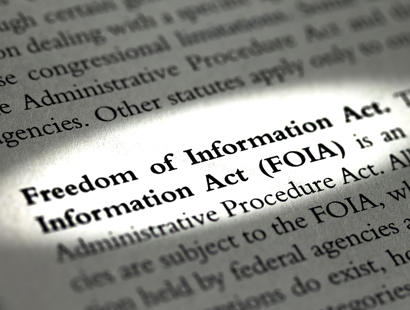
Property provisions in the Charities Act 2022
The journey to an amended Charities Act, which began with Lord Hodgson’s review of the 2006 Act published back in 2012, is now essentially complete.
With some limited exceptions (relating to universities and ex gratia payments) all the provisions of the Charities Act 2022 are now in force.
Property related provisions: two changes in section 23
The final property related provisions to come into force are contained in sections 18 and 23 of the 2022 Act. The biggest changes are in section 23, which amend quite significantly the statements that appear in the documents that give effect to charity land disposals.
There are two main changes. One is to remove the drafting construct under which the certificate of compliance with ss117 to 121 of the 2011 Act (i.e. that the disposal had been conducted properly) was given by the charity trustees as distinct from the charity itself. This drafting was particularly problematic for incorporated charities, as it cut across the principle of trustees of those charities operating behind the corporate veil, and gave at least a theoretical risk of personal liability. It also created confusion about appropriate execution of documents and problems getting things registered at HM Land Registry, and so in the round should be a helpful change.
The 'Bayoumi' case on charities act
The other change is to introduce a requirement to include the certificate of compliance with sections 117-121 in a contract for a disposal of charity land as well as in the disposal instrument (most typically a conveyance or lease) itself. The genesis of this change goes back to the 2003 'Bayoumi' case, which was the one that made ensuring substantive compliance with what was then section 36 of the Charities Act 1993 a much more important issue for practitioners that it had been up to that point. The other point clarified by Bayoumi was that the 'saving' provisions in the Act, which create a presumption in favour of third parties that the facts are as stated in the certificate, only applied from completion rather than exchange of contracts, creating a period between exchange and completion (potentially many months) in which third parties were not protected.
Section 23 of the 2022 Act sets out to close the 'Bayoumi' gap, by setting out that the statements confirming that the property is charity land, and the certificate of compliance, should now appear in the contract for the disposal as well as the instrument effecting the disposition itself, and that the saving provisions then apply from exchange of contracts.
Implications for charity transactions
However, the drafting in section 23 seems to create a less flexible route to section 117 compliance than previously for transactions where a Charity Commission order is being obtained. An order is obligatory where the disposal is to a connected party but it can be used in other circumstances. For example, I was acting for a charity selling a building in a very particular local market where we had a deal agreed and valuation advice to the effect that going to market would jeopardise the deal and that no-one else would pay as good a price. The Commission accepted the advice and were prepared to make an order.
Ensuring compliance and flexibility
The key point, though, is when they were able to make the order. Prior to the new provisions coming into force, sections 117 and 119 taken together made it clear that whilst the point of compliance was exchange of contracts when a Qualified Surveyor’s (now Designated Adviser’s) report was being obtained, that for a Charity Commission order the compliance point was completion of the transaction. This gave the option, as in the example above, of exchanging contracts conditional (amongst other things) on Commission consent. This flexibility allowed the contract to be appropriately structured to give effect to the intention of the parties.
However section 23 requires that, for the saving provisions to apply, that the contract must contain a statement that the “disposition has been sanctioned by an order [of the court] or of the Charity Commission”. This would seem to prevent in future exchanging contracts conditional on Commission consent, unless the lower standard of saving provision in the Act that protects third parties acting 'in good faith' is to be relied upon. In the context of the stated intent that the changes to ss117-121 were all about increased flexibility in compliance whilst still ensuring that trustees complied with their key duties, this is not a satisfactory position for charities and practitioners to be left in, and it will need thought over time as to what the best solution is.
Get in touch
If you would like to speak with a member of the team you can contact our charity law solicitors by email, by telephone on +44 (0)20 3826 7510 or complete our enquiry form.





